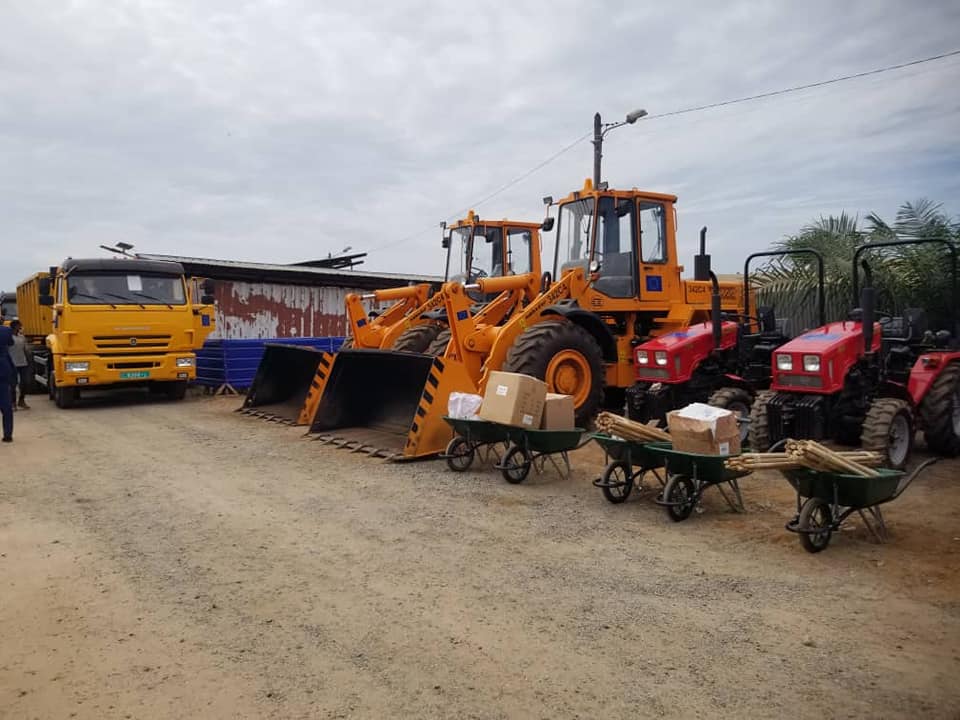The new equipment consists of 17 Amplirolls tippers, four drop side trailers and two Amplirolls trucks. The equipment is intended to improve the collection and transport of household waste in the towns of Atakpamé and Dapaong, located in the Plateaux and Savanes regions of Togo. On May 17th, 2021, the two cities also received two loaders and as many tractors.
Improved household waste management in the cities of Atakpamé and Dapaong will also reduce pollution. The Togolese capital Lomé alone produces between 20,000 and 30,000 tonnes of household waste per day, almost half of which is dumped in the countryside, according to the authorities.
A component of PEAT-1
The new equipment was acquired as part of the first phase of the Togo Water and Sanitation Project (PEAT-1), at a total cost nearly 723 million CFA francs (more than 1.1 million euros). The European Union (EU) is co-financing PEAT-1 under the National Indicative Programme (NIP) of the 11th European Development Fund (EDF).
PEAT-1 was launched in 2015 and will be completed by the end of 2021. The implementation of the project will require an investment of 15 billion CFA francs, or nearly 22.6 million euros. The other objective of the project is to strengthen the capacities of actors in the water and sanitation sector at local and national level. Several drinking water supply systems will also be rehabilitated to improve the service to 14,000 people in Atakpamé and Dapaong.
Read Also –
PEAT-2 will benefit the populations of Tsévié, Sokodé and Kara. In these cities, the project will involve the construction and rehabilitation of water towers and plants, as well as the extension of the drinking water distribution network. The Togolese government’s ambition is to increase national drinking water coverage to 85% by 2025.
Inès Magoum
